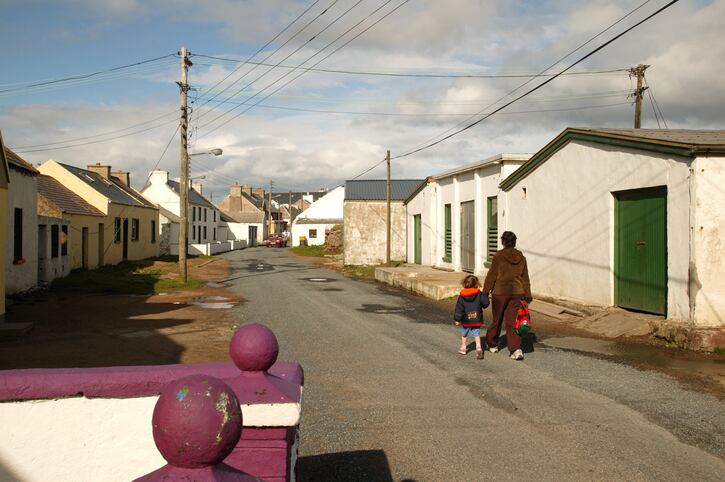The research was published recently in the Journal of Nutrition Sciences. It was the work of a team associated with St James’s Hospital and Trinity College in Dublin.
Although some of the claimed effects of vitamin D have come under debate in recent years, no one disputes the need for adequate levels of the vitamin for basic bone and muscle health. Vitamin D is produced in the skin with adequate exposure to sunlight.
In Ireland, because of the country’s far northern location and often cloudy weather, It’s impossible for the body to make enough of this vitamin in wintertime. As vitamin D is a fat soluble substance, it’s possible for the body to build up adequate stores to account for this, assuming there was enough in the diet and as a result of sun exposure for this to occur.
Rickets on the rise
As a result of changes in diet and habits, vitamin D insufficiency is on the rise, the researchers said. Children don’t spend as much time outdoors as they once did. A 2006 study found a rise in the incidence of rickets (a vitamin D insufficiency disease that affects children’s bones) among Irish children. In the UK, where the same weather and latitude factors obtain as in Ireland, rickets cases have hit a 50-year high, they said.
The researchers examined data from 1,226 Irish children ranging age 1 to 17 whose blood vitamin D levels had been tested at a Dublin hospital in the 2014-2020 time frame at the request of their physicians.
The socioeconomic status of the children was divided up into disadvantaged, below average, above average and affluent.
Overall, 20.1% of the children were found to be deficient in vitamin D in the summer, with that figure rising to 25.9% in winter. Averaged together the researchers found that about 23% of the children were deficient, which they pegged as less than 30 nmol/l of 25-hydroxy vitamin D in the blood.
When correlating that to socioeconomic status, the researchers found that 34% of the children in the lowest socioeconomic category were deficient, while only 20% of the most affluent children were. There were multiple possible reasons for this difference, the researchers said.
“Factors related to familial socioeconomic status (SES) have been suggested to affect vitamin D including lower diet quality, reduced intake of oily fish and supplement intakes and less access to outdoor amenities,” they wrote.
Call to action
The researchers said their findings should be a call to action to address this easily rectified situation. Vitamin D is inexpensive and easy to formulate with. In supplement form the vitamin is easily tolerated by almost all users.
“Childhood and adolescence are crucial periods for bone and muscle development, and deficiency may have long-term effects on both skeletal and other health outcomes. Targeted and tailored guidelines on vitamin D intake for all Irish children as well as public health promotion of its importance should be a priority. Development of a systematic policy of a vitamin D fortification of foods regularly consumed by children could be a realistic approach to help mitigate this issue,” they concluded.
Partial funding for the study was provided by Glanbia, the authors disclosed.
Source: Journal of Nutrition Sciences
DOI: 10.1017/jns.2022.57
Low socioeconomic status predicts vitamin D status in a cross-section of Irish children
Authors: Scully H, et al.




